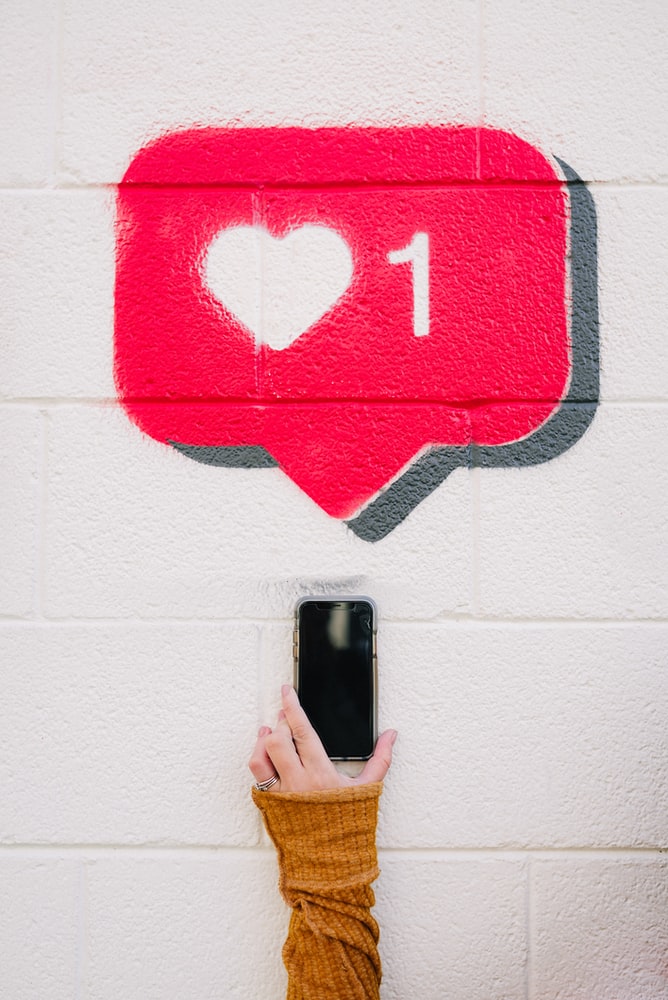The Social Dilemma – The Perspective of a Digital Marketer

As a person working within digital and social media, having to foresee how the algorithms will evaluate and distribute my content, and how people will react to it, I feel I need to share my thoughts on the Netflix documentary The Social Dilemma.
The filter bubble
Yes we live in a filter bubble and yes it is driving social change. I wrote a blogpost about that back in 2014. But that doesn’t mean that we are cut off from seeking out alternative information and sources.
In the end, we still have a personal responsibility for checking up on sources and trying to see the different perspectives, and as parents, teachers etc. it is our task to teach the kids to do so as well.
Behavioral psychology
Yes, the social media platforms are essentially businesses and they want us to stay as long as possible, but to compare them with a bicycle is ridiculous. We should of course compare them with any other media. News media use shocking headlines, graphic visuals and suggested articles to keep us hooked. TV would never keep a show up and running if it didn’t have us glued to the screen.
If you can’t get your kid to put down the phone for dinner, that is in fact a parental problem, not a platform problem. If you let your kids use the platforms when they are tweens (or even small kids) by using your account or making an account with a fake birthday (which is against the platform rules), that is in fact a parental decision and you as a parent needs to talk with your kids about what they see and experience, and share your knowledge about how these platforms work (as a parent I spent a great deal of time on that myself). And you need to create parental rules for the usage, for example, no phones at dinner, no phones in school, turn off the notifications and no phone after 9pm.
From movies to magazines – and especially fashion magazines. Media has always portrayed unrealistic ideals of how we should look and act. While social media is mirroring this, there is also a parallel tendency, where the teens share and react better to unfiltered, un-retouched and imperfect pictures and videos. So in reality, social media has the potential to break the myth of the unflawed person.
With that said, brands and advertisers have a responsibility here. They need to become more brave and dare to share the non-perfect, cast the non-perfect and tell the story that not being perfect is absolutely okay, as in fact, such a thing as a perfect person doesn’t really exist.
Social Change
Have you ever asked yourself why people didn’t speak up and rioted against the nazists in the 40s? Consider this. What if they thought they were all alone. What if they were scared to die, because they only saw the nazi propaganda, and they didn’t realize how many felt the same? Have you ever told yourself that you would rebelle if you had lived back then?
The platforms don’t cause unrest and riots, people and governments do.
The platforms don’t take away your personal rights, governments do.
Let us take the US for example.
Yes, the situation might end in a civil war.
But shouldn’t you speak up against an openly racist president?
Shouldn’t you react when kids are locked up in cages?
Shouldn’t you react when women are stripped of their right to decide what happens with their own bodies?
Once again, think back to the 1940s, and ask yourself if standing up against the system is always a bad thing. And if the divide you experience is really caused by the individual, or if this is the result of a political powerplay.
In many ways, social media is making visible what was previously invisible. There will always be groups with different beliefs. There will always be people and groups trying to orchestrate the results of political elections. There will always be people and groups misusing the tools at their disposal to cause divide. At least now some of them are out in the open.
The center parties are not losing power because we have become more extreme. The center parties are losing power because we have become more aware. Aware of the climate changes, aware of the systematic racism in society, aware of how the political parties use scapegoat strategies to gain power. And when one side rise up, so will the other.
Are the platforms responsible for the divide we experience?
The platforms are not perfect, and yes, they have a responsibility to notify you of the fake news you experience – when they know it is fake. They are working hard on that part, despite being called out for censorship and bias.
Of course the algorithms ain’t perfect either, but we know that, and that knowledge gives us the power to react and act. Knowledge is power.
Are the platforms responsible for the divide we experience? No they are not.
It is my firm belief that we do have a personal responsibility to validate sources, seek out other sources and perspectives, and teach your kids to do the same. After all we do have the entire internet available. there is really no excuse to remain ignorant.